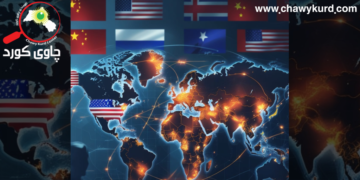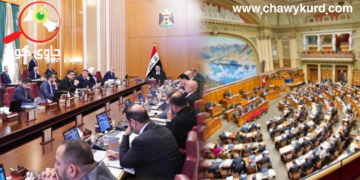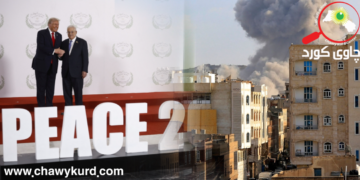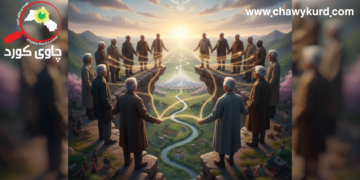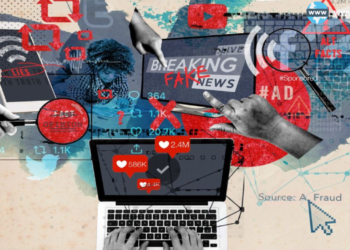The Mission of the Media Movement
Since its inception, the media has been responsible for conveying messages, monitoring power and criticizing in the broadest sense. Obviously, throughout its life and the history it has recorded (which it does not mean the details of history and its rise); it has played more multidimensional, different, difficult and firm roles. But in all of them, the goal is to enlightenment society, criticizing the centers of power and improvement of living conditions and still is a stable theme. This advancement and exposure to technological and scientific changes has made the media take on a more complex and even frightening role. Long before satellite and the Internet were born and there was only a small screen called television, many Western thinkers argued that the media destroyed the spirit of authenticity and Benjamin said that the sacred work of art and erased the sacred subject.
The Media Game and the Individual Game
Whether we like it or not, the world is now governed by the mass media, especially social networks. As much as the media can play a good and positive role, they can also play a negative role and instead of presenting the real issues and problems in society, they turn the issues into cover up the problems and crises. Once upon a time, Tatars and messengers were premodern and mountainous forms of communication. Media and information were not so universal. If a Tatar carried a message in a sealed letter, it reached an individual or at most a group within the tribe it had its own problems and losses, but the whole thing and the incident did not suddenly be transferred to everyone’s homes and minds.
I gave this example to focus on the phenomenon of disappearance or fading of time as an element of human experience in existence and society. This “not” brings with it other phenomena, one of which is incident analysis, that is, we are emotionally involved in a news or message and without knowing the depth and reasons behind it through our social networking accounts or at least in our daily conversations sparks whose outcome may be as dark and murky as the unspoken reasons behind it.
The death of time between the occurrence of an event and the rapid transition, despite the fact that it puts us into this unthinkable or less thoughtful empathy, is equivalent to the fading or retreat of thinking and the activation of human analytical ability. At the same time, this, as a chain of factors, causes a world to express emotional attitudes and support a news or message that is once unknown and dark behind it. This process itself has created a way of writing and thinking that is based on a populist act and an emotional desire rather than on emotion. This kind of memoir and position-writing is a great loss to the development of enlightenment and transparency to society and individuals. In other words, emotion becomes more revolutionary and deviation from thinking becomes more collective act traditionally, our minds have been taught that the assumption that an act is created, if performed by a group of people, rises to its highest level. This is the process that in a country like ours with a world of newspapers, media and pages instead of recognizing the true crisis and presenting proposals for solutions, produces fake and false crises. Obviously, I am not saying this absolutely, and I do not mean all the efforts and activities of all the media, but I am talking about the large amount and the powerful space in the space. Otherwise, there are many media outlets, websites, cultural institutions, etc., although they are followed by few readers, but they have fulfilled their real and professional duty (if not at a very high level). It may take some time, but the prospects are clear and I have always been a supporter of websites and institutions that are in such an equation and have worked with such a strategy and plan. It is true that the amount of voice is important, but more important is the quality of voice.








